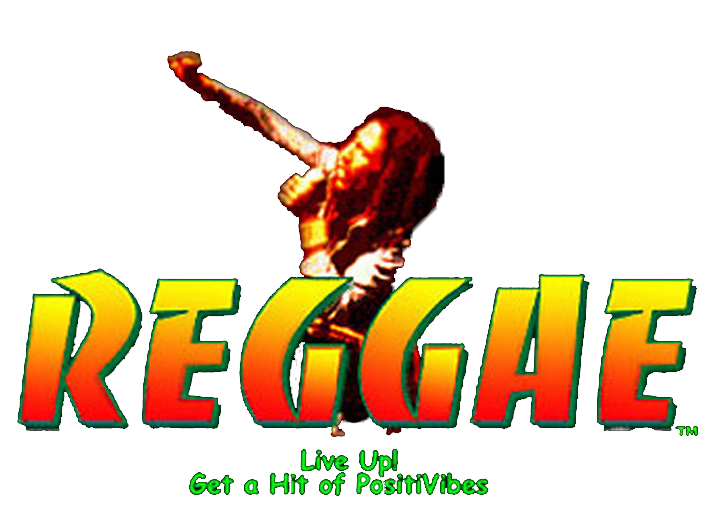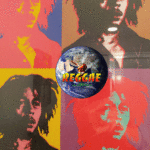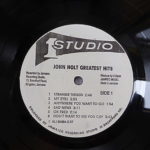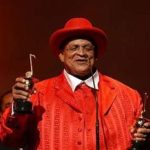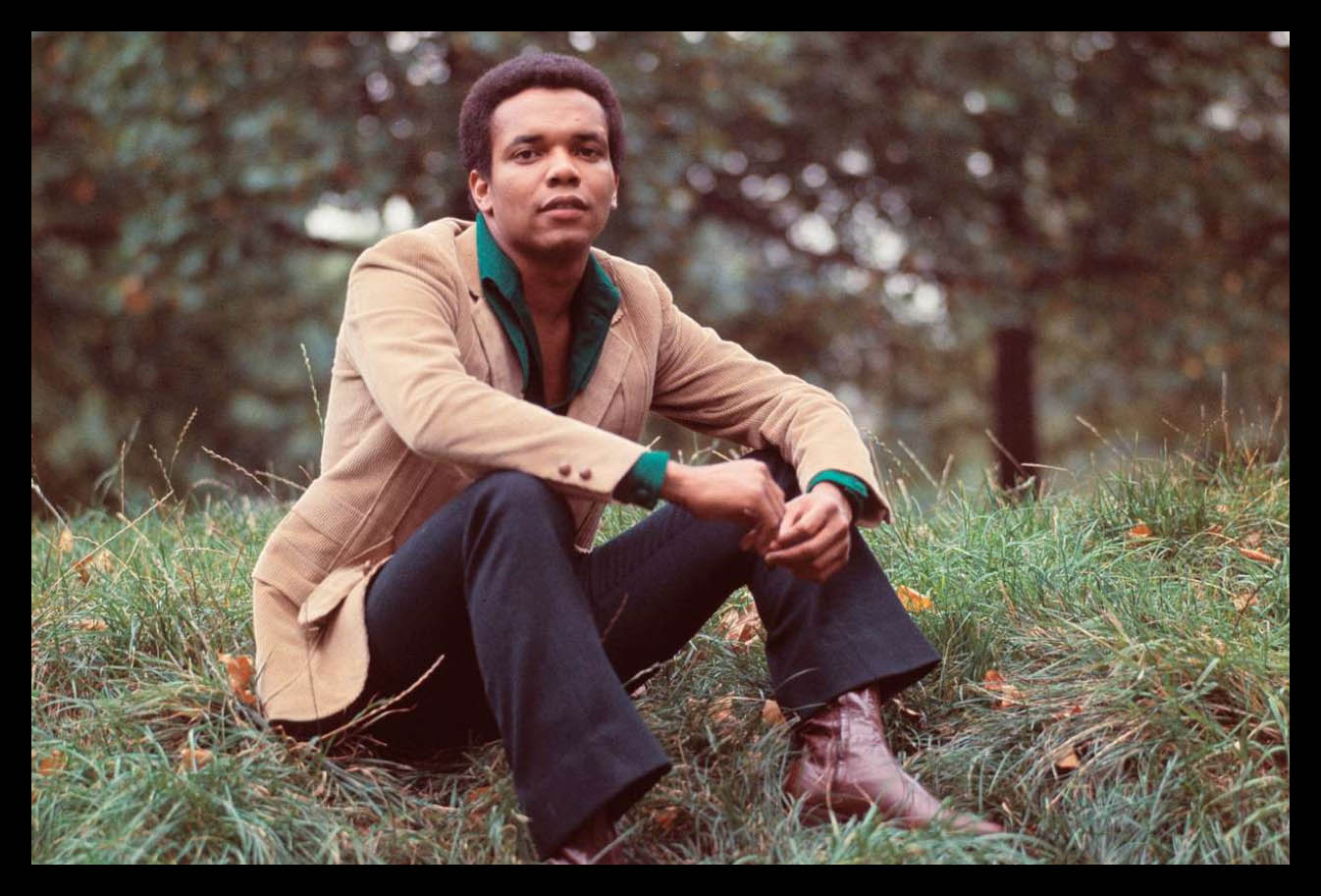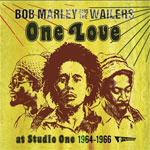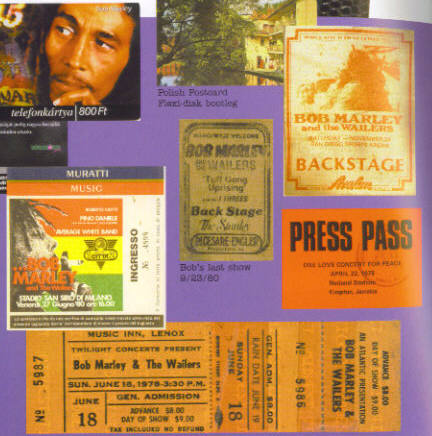
|
|
Bob Marley & the Wailers Well, books could and have been written on the incredible scope of Jamaican music beyond Marley, who for better or worse became its face to most of the world in the 1970s. You could also write tomes telling the story of the Wailers before Chris Blackwell took them global. The core of the Wailers was Marley, Peter Tosh, and Bunny Wailer, and several other members, including Constantine Walker, Beverly Kelso, and Junior Braithwaite came and went over the course of the 60s, when the group recorded with various backing bands for Coxsone Dodd’s Studio One label. Between 1963 and 1966, the Wailers cut more than 100 tracks for Dodd, and Heartbeat’s One Love at Studio One gathers 40 of them plus one interesting rehearsal onto two discs. This release is essentially a spiffing up of an earlier Heartbeat compilation of the same name, with one added track (the spiritual “Tell Them Lord”) and greatly improved sound– the mastering level on this version towers over the original, and the bass presence is kicked way up to accentuate the rhythmic thrust of the group’s early ska sides. Curiosities abound on these discs. From a historical perspective, some of the most interesting tracks are their versions of the spirituals “Sinner Man”, “Amen”, “This Train”, and “Tell Them Lord”– impassioned takes on Christian songs that function as interesting precursors of their later embrace of Rastafarianism. Though Bob Marley was the acknowledged leader of the group from the start– and the only one with previous recording experience– it’s important to note that the group was just called the Wailers, without the “Bob Marley &” until around 1970, and that other members sang lead on a large number of their songs. Braithwaite, an original member of the group and the first to leave, was Dodd’s favorite voice in the group, and he gets his high tenor out in front of the harmonies on “Habits” and “It Hurts to Be Alone”, the latter featuring an unbelievably gorgeous lead guitar part from Ernest Ranglin. The Wailers’ first single, “Simmer Down”, is one of the defining tracks of the ska era, addressing the violence of the Kingston slums in the patois of the people who lived there. The Skatalites provide the breathtaking rhythm track and horn arrangements, and Kelso, Tosh, Wailer, and Braithwaite harmonize the title under Marley’s rough-throated verses. For a one-track recording, there’s an impressive amount of detail in the mix, and the song became an instant smash when Dodd played it at his sound system dance the same night it was recorded, quickly moving 70,000 copies. If that doesn’t sound like a big number, consider that in the 1960s the total population of Jamaica was less than two million. There are a ton of other great ska cuts spread out across the rest of the set, including a number of excellent rude boy tracks that helped establish the Wailers as spokesmen for the ghetto and the warring gangs of dance crashers who ultimately brought the sound systems to their demise in the late 60s. “Rude Boy”, which later became the basis for “Rebel’s Hop”, and “Hooligan” celebrated rudie attitude, the former featuring lyrics like “the peego a-go lingua” (roughly, “the rude girls are gonna’ talk”), that illustrated just how deep the slang of the ghettos could get. The group’s initial phase closed with “Jailhouse”, one of countless Jamaican singles of the period that extolled the fearlessness of the rude boys when confronted by the authorities– the song also shows them transitioning to the slower rocksteady beat that formed the bridge from ska to reggae. In 1966, Bob Marley went to Delaware to earn money for a planned Wailers label, and Bunny and Peter recruited Constantine Walker to fill his place, recording numerous Wailers sides while Bob was gone. Marley’s elevation to iconic status overshadowed Bunny and Peter’s estimable solo output, and the Bob-less tracks here show that either one would have been capable of leading the group. The two share lead vocals on the stunning rocksteady tracks “Who Feels it Knows it” and “When the Well Runs Dry”. The harmonies are noticeably sweeter in the absence of Marley, and “What Am I Supposed to Do” vies with Alton Ellis’s “Why Birds Follow Spring” and the Paragons’ “On the Beach” for the prettiest rocksteady song I’ve heard. One other remarkable thing about this compilation is the sheer number of songs that don’t feature the distinctive Jamaican off-beat accent. Right into 1966, the Wailers regularly recorded straight r&b and rock’n’roll tracks, and though their version of the Beatles’ “And I Love Her” (previously unreleased) leaves much to be desired, a number of these songs are fantastic, especially Tosh’s Nuggety “Can’t You See” and the band’s outright jaw-dropping version of Dion’s “Teenager in Love”. Indeed, the Wailers continued to record non-reggae songs all the way through their 1970 Island debut Soul Rebels, which features a couple of fantastic funk cuts. All these curiosities add up to very solid set, but all of the alternate takes and rarities make it one that’s decidedly for fans– of Marley and early reggae alike. For newcomers, it might be best to start with Marley’s 70s material (it’s more of a kick to hear the title track of this comp if you already know the version on Legend and Exodus, not to mention U2’s “One”) and work your way to this set via the Skatalites and some Studio One compilations. If you dig that stuff, One Love at Studio One will likely make you very happy. -Joe Tangari, February 24, 2006
|
